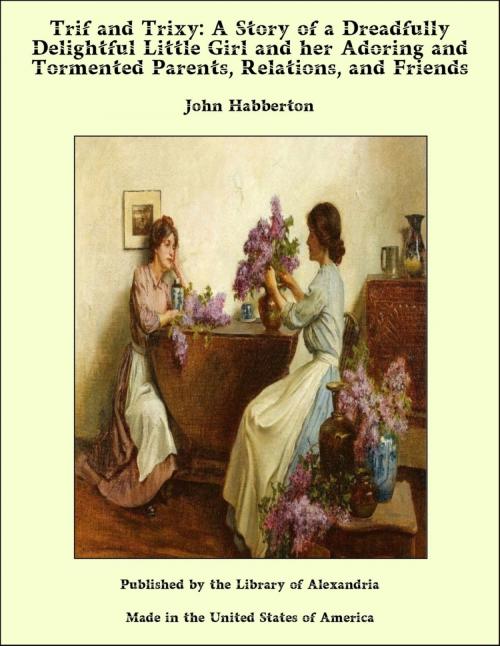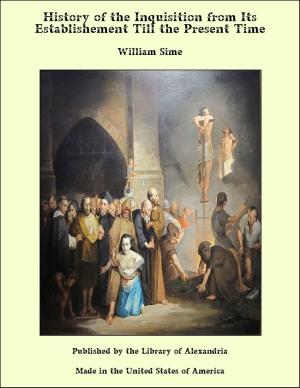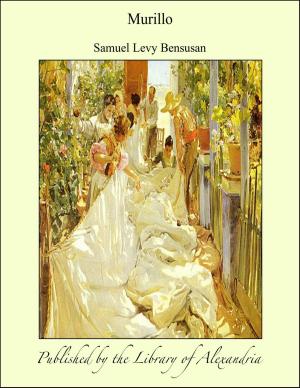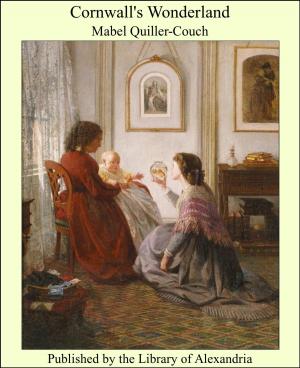Trif and Trixy: A Story of a Dreadfully Delightful Little Girl and her Adoring and Tormented Parents, Relations, and Friends
Nonfiction, Religion & Spirituality, New Age, History, Fiction & Literature| Author: | John Habberton | ISBN: | 9781465512383 |
| Publisher: | Library of Alexandria | Publication: | March 8, 2015 |
| Imprint: | Language: | English |
| Author: | John Habberton |
| ISBN: | 9781465512383 |
| Publisher: | Library of Alexandria |
| Publication: | March 8, 2015 |
| Imprint: | |
| Language: | English |
TRIXY was not a babe, for she had passed her seventh birthday and was as wise and irrepressible as the only child of a loving father and mother usually becomes. Her parents and relations continued to allude to her as "the baby," and they might still be doing so had not certain of her deeds checked them, and compelled them to restrict themselves to her rightful name, which was Beatrice, and to her nickname, which was Trixy. Trif was Trixy's mother, and did not entirely approve of the name by which she was oftenest addressed, for "Trif" seemed to imply something trifling, while the real Trif was a young matron as handsome and proud as Diana, and as good and earnest as the saintly Roman woman Tryphosa, for whom she was named. (All this must be true, because Trif's husband, Phil Highwood, said so and continues to say it.) Whether she laughed or wept, dressed or dusted, joked or prayed, Trif did it with all her might; so it was not strange that her little daughter was a very active and earnest creature from the instant at which she first opened her baby lips to announce her appearance upon the earthly stage. Besides, Trixy's father was one of the conscientious and nervous fellows who are always wondering what to do next, always anxious to do exactly what is right, always trying to do friendly services to other people, and frequently blundering horribly in the attempt; so there was double reason for what Trif called "dear Trixy's peculiarities" and other people alluded to as "that child's awful doings." Trif and Trixy lived far up town on the west side of New York. The husband of the one and the father of the other lived there too, although he is of minor consequence in this veracious narrative, for the neighbors and tradesmen knew him best as "that little terror's father," or "Mrs. Highwood's husband," and he was modest enough and proud enough to be satisfied to be known in this way.
TRIXY was not a babe, for she had passed her seventh birthday and was as wise and irrepressible as the only child of a loving father and mother usually becomes. Her parents and relations continued to allude to her as "the baby," and they might still be doing so had not certain of her deeds checked them, and compelled them to restrict themselves to her rightful name, which was Beatrice, and to her nickname, which was Trixy. Trif was Trixy's mother, and did not entirely approve of the name by which she was oftenest addressed, for "Trif" seemed to imply something trifling, while the real Trif was a young matron as handsome and proud as Diana, and as good and earnest as the saintly Roman woman Tryphosa, for whom she was named. (All this must be true, because Trif's husband, Phil Highwood, said so and continues to say it.) Whether she laughed or wept, dressed or dusted, joked or prayed, Trif did it with all her might; so it was not strange that her little daughter was a very active and earnest creature from the instant at which she first opened her baby lips to announce her appearance upon the earthly stage. Besides, Trixy's father was one of the conscientious and nervous fellows who are always wondering what to do next, always anxious to do exactly what is right, always trying to do friendly services to other people, and frequently blundering horribly in the attempt; so there was double reason for what Trif called "dear Trixy's peculiarities" and other people alluded to as "that child's awful doings." Trif and Trixy lived far up town on the west side of New York. The husband of the one and the father of the other lived there too, although he is of minor consequence in this veracious narrative, for the neighbors and tradesmen knew him best as "that little terror's father," or "Mrs. Highwood's husband," and he was modest enough and proud enough to be satisfied to be known in this way.















